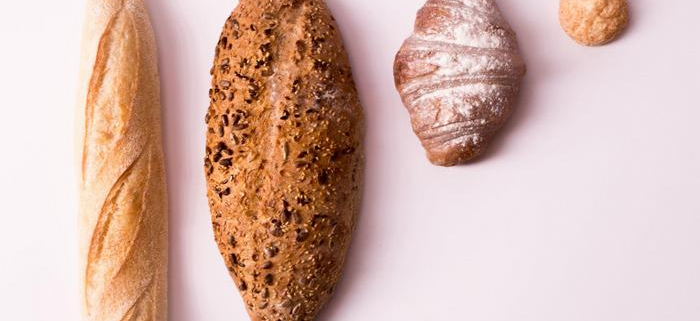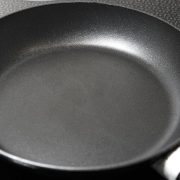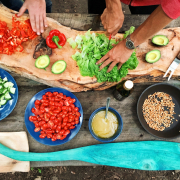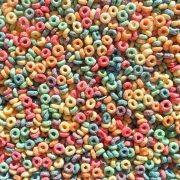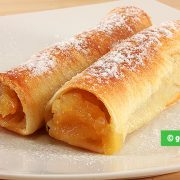Bakery Packaging Supplies
Bakery packaging supplies are essential in maintaining fresh pastries, cakes and other baked goods.
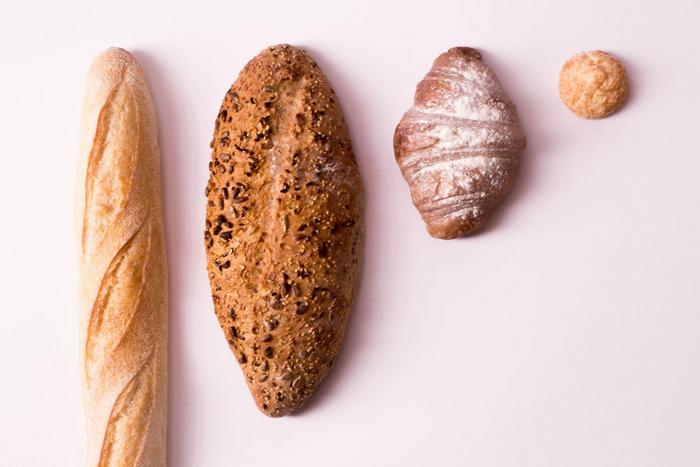
Plastic Wrap
Plastic wrap is a food-grade material used to seal food items inside containers and prevent spoilage and oxidation, prevent unwanted moisture absorption and contain odors.
Plastic wrap is often created through extrusion, whereby heated polyethylene or other material granules are heated until they melt, then forced through a die to create a tube-shaped tube of warm, stretchable plastic. When the bubble has collapsed between metal rollers to become flat and very thin it is then wound onto large rolls, sometimes sealed at its ends with tape or adhesives before it can be cut to size or rolled into cardboard tubes for packaging purposes.
At a bakery, this packaging type can be particularly helpful for protecting individual pastries such as cookies or cake slices for customers to pick up and unwrap on site. Furthermore, this method keeps baked goods fresh during their wait to be eaten, especially if sold right there on-site.
As part of your bakery packaging selection, it is crucial that you consider all the different products offered and their individual storage requirements. While dry goods such as biscuits and crackers can be stored in any box type without fear of crushing, cakes with frostings or other glazed toppings require a sturdy paper bag designed specifically to hold its weight without crushing.
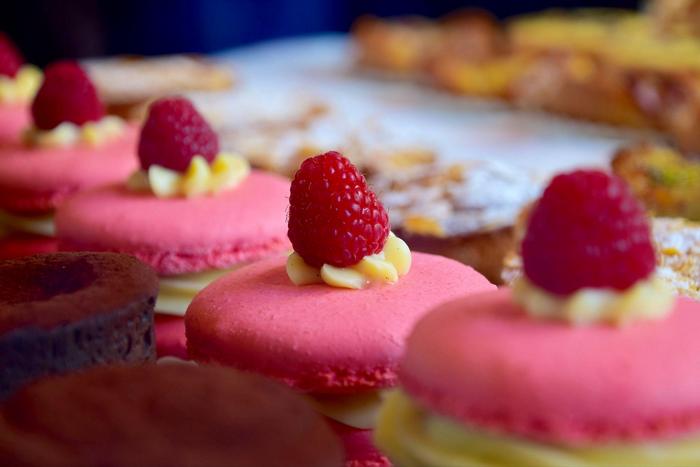
Bakery Boxes
Bakery boxes are more than mere containers; they’re an integral part of a bakery’s brand and quality that serves to highlight them to potential customers.
Furthermore, these containers can also protect products inside while helping keep them fresh for customers – plus you can customize them with information such as your hours, phone number or address to create an unforgettable experience for each consumer.
The design should be appealing and eye-catching in order to entice customers. Colors, fonts and images of your packaging should reflect your business’ personality and values while engaging consumers and driving sales growth. Furthermore, presentable boxes increase the chances of your product getting noticed on shelves crowded with competing goods.
Consider your products when designing the ideal design for your bakery box. For instance, if you offer cupcakes as part of your selections, opt for a box with windows to showcase the frosting. Furthermore, printing the bakery logo directly on it can further ensure an unforgettable experience for customers.
Bakery boxes are versatile storage solutions but are best used to store desserts and baked goods. Their smaller, lightweight construction makes them easier to transport than larger boxes while they can even be decorated to suit an event or holiday! In addition, insulating them ensures products stay at an appropriate temperature for optimal storage conditions.
Bakery products that become soggy or taste stale can be unappetizing, which is why it’s vital that they come packaged correctly. Durable packaging must withstand shipping and storage requirements while selecting materials which protect from moisture exposure can extend shelf life of bakery items.
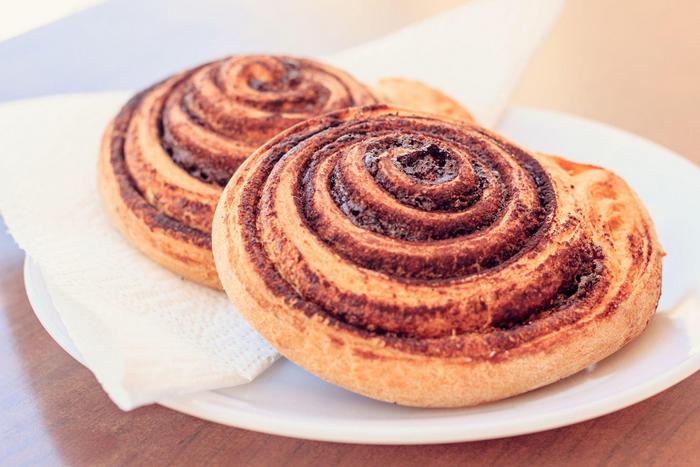
Paper and Plastic Bags
Bakeries understand that proper packaging is critical to maintaining freshness and quality baked goods, which is why businesses experiment with different designs and materials in search of an ideal package to house their baked goods. When selecting materials for packaging purposes it is essential to take into account both types of baked goods as well as the level of protection needed.
Dry bakery items like biscuits and crackers require airy packaging while cakes or other glazed products require thicker protection.
Packaging must also be easily portable, stored, resealed and easily recyclable or biodegradable – aesthetics and branding considerations also play a part. Current market trends show an increased use of eco-friendly materials. You can click here to learn more.
No matter the requirements of your bakery, there are various paper and plastic bags designed to protect and present products in an appealing manner. They can come in various shapes and sizes to meet specific product types as well as being printed with logos or designs to draw customers in.
Heat sealable paper bags can help preserve the freshness of baked goods by creating an airtight seal. Micro-perforations in other paper bags help regulate oxygen levels and extend shelf life, which are especially helpful if your bakery products are susceptible to oxygen and spoil easily.
Plastic bags come in several varieties, including polyethylene and polypropylene. Both these varieties of bags are highly durable and suitable for a range of temperatures; frozen food products can even be packed using these high barrier effect bags, helping reduce condensation inside. In addition, these eco-friendly options are fully recyclable and biodegradable – an excellent sustainable option for any bakery business.
No matter which bakery packaging option you select, it is crucial to always stockpile supplies when your business starts running low – this ensures you will always have enough on hand to satisfy the demands of your customers. Working with a wholesale bakery supply company can help you to ensure you always have what you need on hand. This is essential to a thriving business.
Napkins
Napkins are essential tools for wiping hands, faces and mouths when dining. Made of cloth or paper squares that can be folded into intricate designs for table settings; some even come embroidered with special messages or logos to provide lasting memories for guests.
Napkins should be soft enough for maximum comfort and absorbency, yet durable enough for repeated washing and use. A good way to test this is to gently hold one in your hand and see how easily it bends and folds over time.
Paper bags work great for smaller purchases such as pastries or cupcakes while plastic ones work better when selling larger products like an entire pie!
Napkin selection will also depend on your business model. For instance, fine-dining restaurants might benefit from investing in high-quality cotton napkins that can withstand multiple washings; on the other hand, catering an event might make disposable napkins more suitable.
Consider your restaurant type and traffic volume before selecting the appropriate napkin for it. For instance, fast-food restaurants that receive heavy foot traffic could use lower quality napkins that don’t stand up well against frequent usage.

